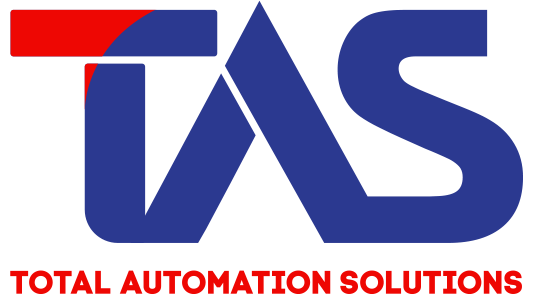
Leveraging Big Data and Analytics for Productivity and Quality Improvement with TAS India.
In today’s data-driven world, organizations are increasingly relying on big data and analytics to make informed decisions. This is particularly true in industrial processes, where data can help improve productivity, reduce downtime, and optimize processes. In this blog post, we will explore the benefits of leveraging big data and analytics in industrial processes, as well as how TAS can help organizations implement effective data-driven strategies.
Benefits of leveraging big data and analytics in industrial processes:
- Improving productivity: Big data and analytics can help organizations identify inefficiencies in their processes, enabling them to make data-driven decisions to optimize performance. By analyzing data from various sources, organizations can identify bottlenecks, streamline workflows, and optimize resource allocation, leading to increased productivity.
- Reducing downtime: Downtime can be costly for organizations, resulting in lost productivity and revenue. By leveraging big data and analytics, organizations can predict potential failures before they occur, enabling them to schedule maintenance and prevent downtime. Additionally, real-time data analysis can help identify and resolve issues quickly, minimizing the impact of downtime.
- Optimizing processes: By analyzing data from different sources, organizations can gain insights into their processes, identifying areas for improvement and optimization. For example, analyzing data from production lines can help organizations identify inefficiencies, optimize workflows, and reduce waste.
- Improving quality: Big data and analytics can help organizations monitor product quality and identify potential defects early in the production process. By analyzing data from sensors and other sources, organizations can quickly identify issues and take corrective action, reducing the likelihood of product recalls and improving customer satisfaction.
Implementing effective data-driven strategies:
While the benefits of leveraging big data and analytics in industrial processes are clear, implementing effective data-driven strategies can be challenging. To successfully implement these strategies, organizations need to address several key challenges, including data collection, data management, and data analysis. Additionally, organizations need to ensure they have the right talent and technology in place to effectively analyze and act on the data.
This is where TAS can help. TAS provides organizations with a comprehensive suite of big data and analytics services, including data integration, data management, and data analysis. TAS can help organizations collect, store, and analyze data from various sources, providing them with actionable insights to optimize their industrial processes.
Conclusion:
In conclusion, leveraging big data and analytics in industrial processes can provide organizations with numerous benefits, including improved productivity, reduced downtime, optimized processes, and improved quality. However, implementing effective data-driven strategies can be challenging, requiring organizations to address several key challenges. By partnering with TAS, organizations can overcome these challenges and leverage the power of big data and analytics to optimize their industrial processes and increase efficiency.



I was very happy to find this page. I need to to thank you for ones time for this fantastic read!! I definitely really liked every part of it and I have you saved as a favorite to see new information on your website.